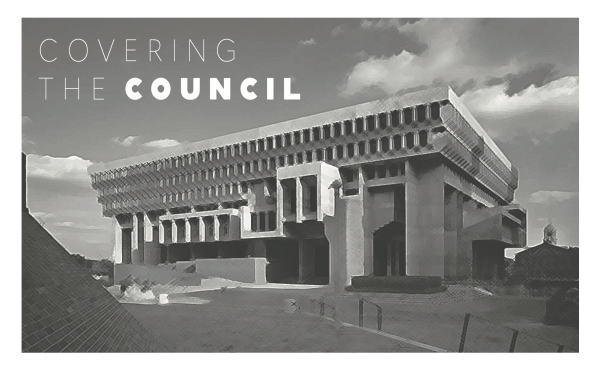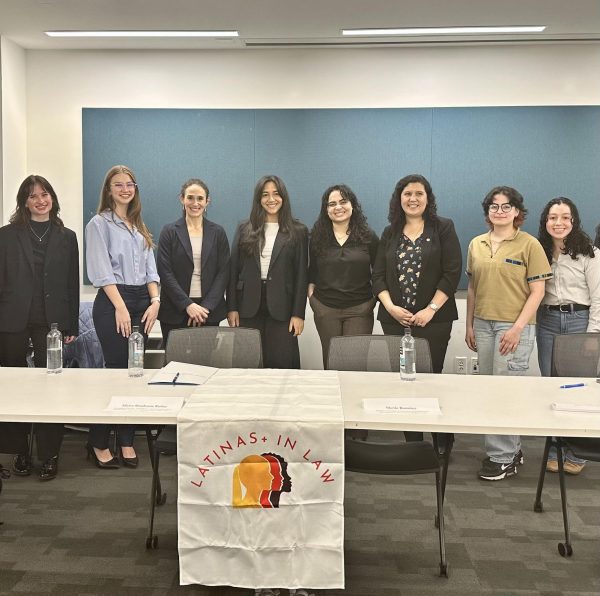On the Israeli Election
January 23, 2013
Roughly 67 percent of Israel’s 5.5 million eligible voters went to the polls on Tuesday to elect members of the 19th Knesset from the lists of more than 30 parties. In the weeks leading up to the vote, it appeared that right wing, radical right wing, and religious parties would be the major winners. The English-language press was deluged with articles examining the rise of former commando/businessman Naftali Bennett, the charismatic leader of the Religious-Zionist party haBayit haYehudi (Jewish Home.) This pessimism has proved to be somewhat exaggerated, and for that Israelis and Americans alike may be grateful.
It is almost certain that Binyamin Netanyahu of Likud (Unity) will once again be Prime Minister, but the parties of the center-left and left have received a much needed vote of confidence. The skeptics who derided the street protests of 2011 as a passing phenomenon without political impact must now reassess their evaluations. The cost of living and the lack of affordable housing, the state support of various religious enterprises, and other civic issues remain very much in the minds of a major segment of the populace.
Avodah, the Israeli Labor Party, which has been listless for more than a decade, appeared to steady its decline somewhat, gaining 15 mandates, but perhaps most significantly, Yair Lapid, a prominent television personality, author, and actor scored a smashing success at the head of his new party Yesh Atid (There is a Future,) which aimed to capitalize on discontent over the nature of the political process and the course of society. Yesh Atid essentially sought to redirect the energies of the political discourse more towards the issues which (theoretically) dominate American campaigns: education, social welfare, housing, infrastructure, and wealth inequality. Following the general tenets of a classically liberal platform, the party supported decentralization of the secular school system, a draft for all citizens regardless of religious observance or ethnic origin, and a focused campaign targeting rampant political corruption.
Mr. Netanyanu will have to be significantly more creative in forming a coalition, which may prove to be unstable due to the competing interests of its likely participants. Likud will either have to turn to Mr. Lapid to form a center-right coalition, or he may attempt to cobble together support for a razor-thin religious-right majority. Mr. Netanyanu has already pledged to reach out to the Shas religious party, and he could also involve Mr. Bennett and other religiously-oriented leaders. Either way, he will have to make major concessions.
Prior to the election, Mr. Netanyanu had agreed to a coalition with the Yisrael Beitenu (Israel is Our Home)
















The Suffolk Journal • Jan 24, 2013 at 11:30 am
[INT’L NEWS] On the Israeli election http://t.co/kQxvBVND (by Josef Nothmann)